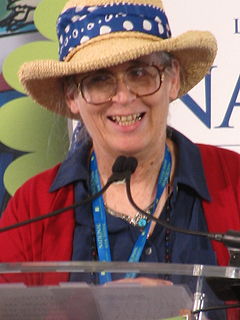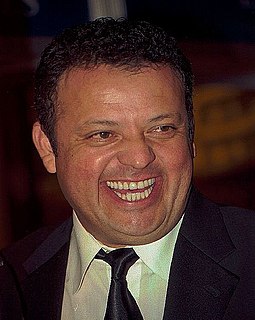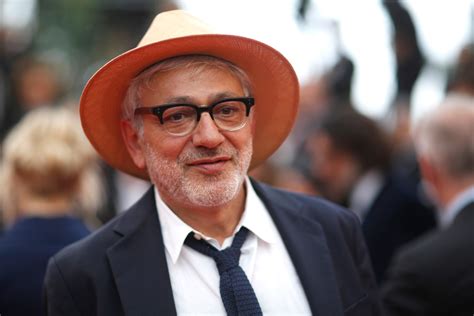A Quote by Steven Soderbergh
One of the reasons why I think virtual reality, as a narrative format, is never going to go beyond the short-form immersion space is because the bedrock of visual storytelling is the reverse angle. If you can't look into the eyes of the protagonist, you cannot hold people's attention for more than 15 minutes.
Related Quotes
The simulator is the stage in-between television and virtual reality, a moment, a phase. The simulator is a moment that leads to cyberspace, that is to say, to the process because of which we now have two bottles instead of one. I might not see this virtual bottle, but I can feel it. It is settled within reality. This explains why the word virtual reality is more important than the word cyberspace, which is more poetic.
MySpace is somehow more welcoming than Facebook. And Twittering, I just... Ugh. I like having radio silence. I think radio silence is an important part of any public figure's day. We haven't seen it yet, but there's going to be a generation that comes up where the new trend will be complete anonymity. It'll be cool to have never posted anything online, commented, opened a webpage or a MySpace. I think everyone in the future is going to be allowed to be obscure for 15 minutes. You'll have 15 minutes where no one is watching you, and then you'll be shoved back onto your reality show.
I think the power of the short film is incredibly underrated. It is way easier to get someone to watch a 15-minute film then a full-length feature. In those 15 minutes you have the opportunity to express your voice as an artist and hopefully connect with your audience. If you are trying to be a first time feature director then a short film that demonstrates you have a grasp on the themes and concepts of the movie you want to direct is a no-brainer. Whether they are collaborators or potential investors, filmmaking is a visual art form so you obviously need visuals to show them!
Usually in theater, the visual repeats the verbal. The visual dwindles into decoration. But I think with my eyes. For me, the visual is not an afterthought, not an illustration of the text. If it says the same thing as the words, why look? The visual must be so compelling that a deaf man would sit though the performance fascinated.
Most people tire of a lecture in ten minutes; clever people can do it in five. Sensible people never go to lectures at all. But the people who do go to a lecture and who get tired of it, presently hold it as a sort of grudge against the lecturer personally. In reality his sufferings are worse than theirs.
As soon as you look at the world through an ideology you are finished. No reality fits an ideology. Life is beyond that. That is why people are always searching for a meaning to life. But life has no meaning; it cannot have meaning because meaning is a formula; meaning is something that makes sense to the mind. Every time you make sense out of reality, you bump into something that destroys the sense you made . Meaning is only found when you go beyond meaning.
Long fiction is wonderful and you can lose yourself in it as a reader and as a writer, but short stories don't allow the same kind of immersion. Often the best stories hold you back and make you witness them. This may be one of the reasons some people reject the form. That and the fact that they are harder work to read. A story will not let you get comfortable and settle in. It is like a stool that is so small that you must always be aware of sitting.
There are certain ways, narrative forms, that do not function as a continuation, for example, of 3D movies. You see, what is obvious to me is virtual reality or immersive 360 degrees virtual reality is not somehow a part of 3D movies, and it is not a new form of video games, it's neither, it is something completely new, something different, and nobody has come up yet with real convincing content.
Most eyes have more than one color, but usually they're related. Blue eyes may have two shades of blue, or blue and gray, or blue and green, or even a fleck or two of brown. Most people don't notice that. When I first went to get my state ID card, the form asked for eye color. I tried to write in all the colors in my own eyes, but the space wasnt big enough. They told me to put 'brown'. I put 'brown', but that is not the only color in my eyes. It is just the color that people see because they do not really look atr other people's eyes.



































